Nutrient Dense Foods
First (and most important), “Stop thinking of food as being bad or good!” This type of thinking leads to unhealthy habits and makes food a punishment or reward; which it is not. Instead understand that food is fuel.
Our bodies are machines. They require careful attention and maintenance just like a car. We fuel our car with a specific grade and type of fuel. We clean and maintain our car in order to optimize performance and extend longevity. We understand that by caring for our car it will run better and last longer.
We need to be cared for the same way. We should choose the right type of fuel (aka food) to get the best performance. These foods are called Nutrient Dense Foods.
What are nutrient dense foods?
Nutrient-dense foods are rich in vitamins, minerals and other nutrients important for health, without too much saturated fat, added sugars and sodium.
We are talking about fruits, vegetables, whole grains, low-fat dairy, fish and seafood, unprocessed lean meat and skinless poultry, nuts and legumes. “The good stuff!”
How to Identify Nutrient-Dense Foods
The American Heart Association has added this symbol to many food labels indicating they are nutrient dense.
Otherwise, simply read the nutritional facts and choose the option that has more of the following ingredients:
- Fiber
- Protein
- Essential Vitamins like: A, B, C, D, E and K
- Essential Minerals like: calcium, iron, fiber, magnesium and potassium
What about snacks?
Most of us get a significant portion of our daily energy (calories) from snacks. When we think of traditional snack foods and drinks, they tend to be higher in saturated fat, calories, sodium and added sugars. For example, carbonated sodas, chips, crackers and candy. These are “empty calories.” High in calorie and low in nutrition.
When snacking, choose mostly nutrient-dense foods such as fruits and vegetables, nonfat or low-fat dairy products, and a variety of nuts.
Note: I said “mostly”, it is okay to occasionally have a bite or small piece of cheese cake, cookie or other empty calorie food. But keep this a rare occurrence and not a daily practice
The Takeaway
- By choosing more nutrient-dense foods, you’ll get the beneficial nutrients your body needs without consuming too many calories.
